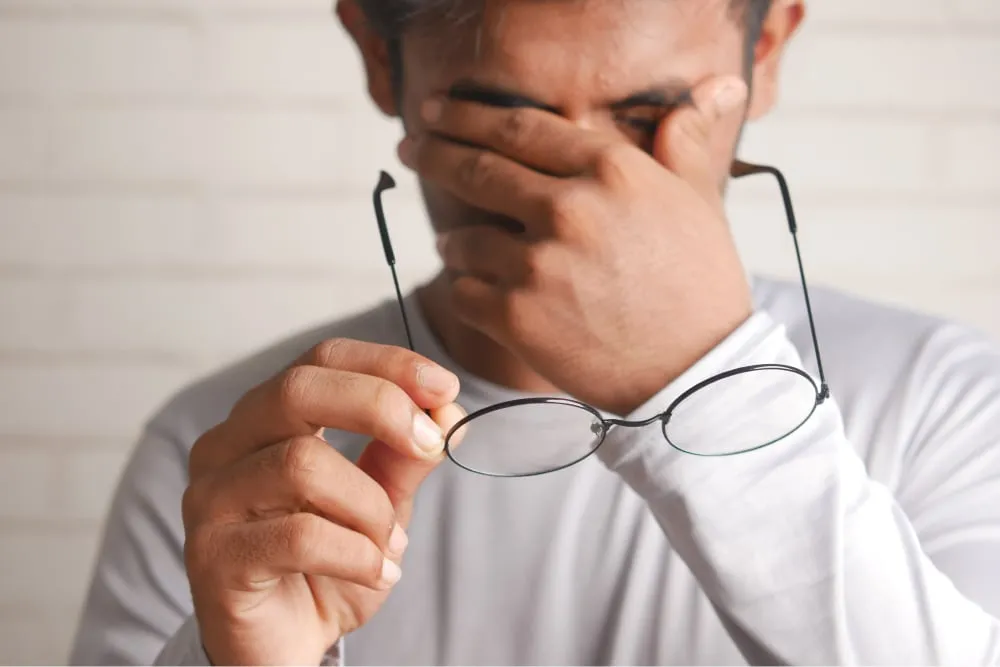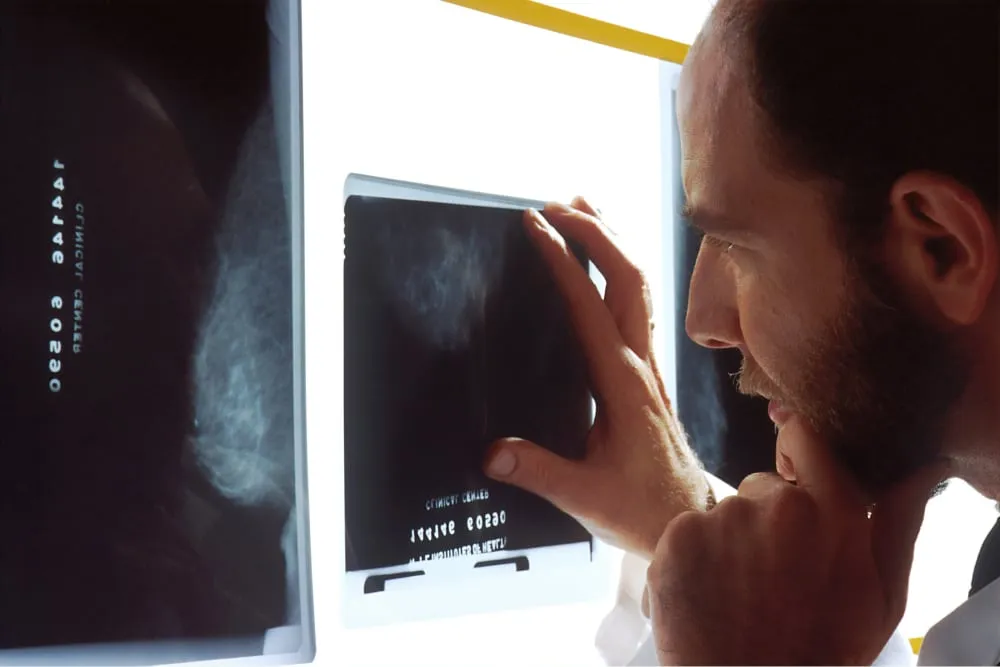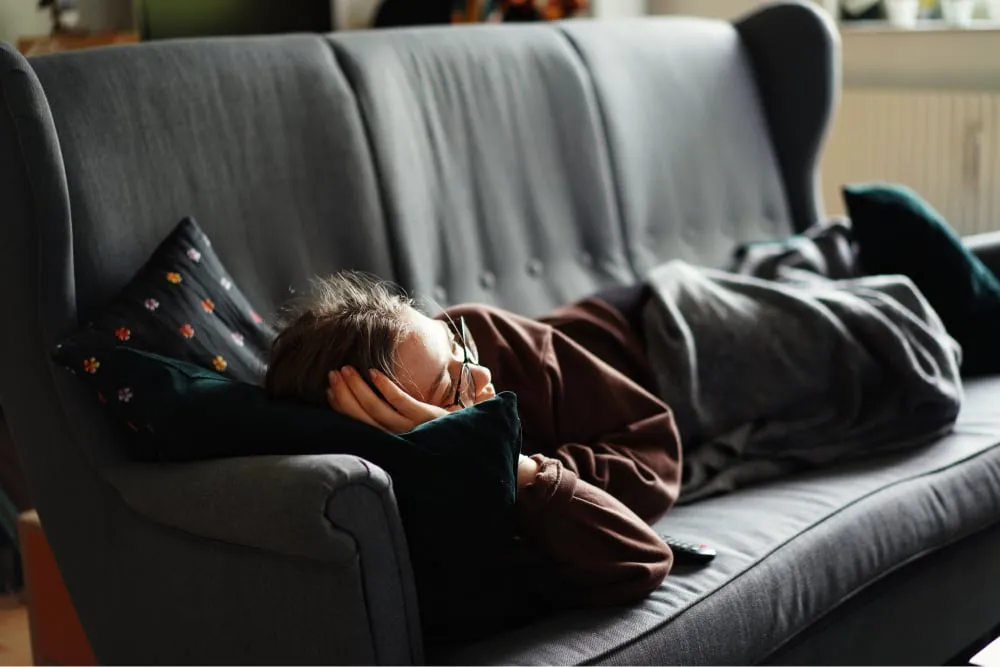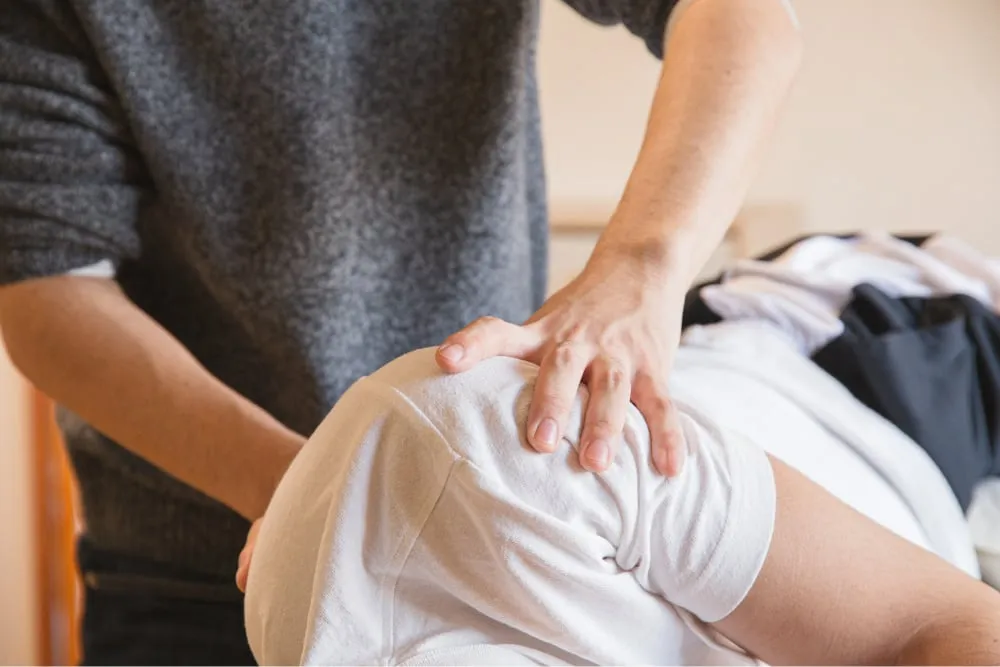How does anorexia lead to gastroparesis?
People with anorexia nervosa have an extreme fear of gaining weight and will generally severely limit their food intake as a result. This can lead to many medical complications, including the atrophying (or wasting away) of muscles.
But just as the visible muscles lose strength, so too do the internal muscles. When food intake is limited so severely, the muscles in the digestive system are not used as often, causing them to also atrophy or lose tone and strength.
This can eventually lead to the development of gastroparesis, causing the process of emptying the stomach to slow or even stop altogether.2
How is gastroparesis diagnosed?
Gastroparesis is diagnosed via several tests, depending on symptoms, or to rule out other similar conditions.3
Scintigraphy
This test involves eating a light meal that contains a small amount of radioactive substance. A scanner can detect how the radioactive material moves through the stomach and at what rate.
Breath test
This test follows the same principle, although the food contains a substance detected on your breath as it absorbs. Breath samples are collected every few hours, and the level detected is analyzed. This test detects how fast the stomach empties and absorbs nutrients.
Upper gastrointestinal endoscopy
Another type of diagnostic test used is the upper gastrointestinal (GI) endoscopy, commonly called an “upper GI.” In this test, the patient is mildly sedated while a tube with a tiny camera is inserted through the mouth and down the esophagus, stomach, and sometimes small intestine. This test can rule out other conditions, such as ulcers or pyloric stenosis (a narrowing of the stomach valve).
Ultrasound
Ultrasound of the abdomen can also be used to rule out other conditions, such as gallbladder disease. This involves using a device over the stomach that produces a picture of the internal structures.3
Physical effects of gastroparesis
Symptoms of decreased digestive movement from gastroparesis may include any of the following:1,2,4
- Early fullness, soon after beginning a meal
- Feeling full too long after a meal (due to delayed gastric emptying)
- Nausea and vomiting
- Distended and bloated stomach
- Upper abdominal pain
- Acid reflux (gastroesophageal reflux disease) and heartburn
- Poor appetite and early satiety
These effects are concerning for the treatment of gastroparesis anorexia. As a person suffering from this eating disorder is learning to regulate food intake and listen to body cues about hunger, gastroparesis can alter the typical response. This can cause problems in treatment due to feelings of over-fullness and a lack of desire to eat.
Issues with medications
To complicate the matter even further, certain medications can make gastroparesis symptoms worse:4
- Narcotic pain medications such as codeine, hydrocodone, morphine, oxycodone, and tapentadol
- Antidepressants such as amitriptyline, nortriptyline, and venlafaxine
- Some anticholinergics used to treat overactive bladder
It is important that a person dealing with anorexia (even if in recovery) and simultaneously diagnosed with gastroparesis seek professional treatment from someone familiar with both conditions.4
You might be interested in:
Treating eating disorders and gastroparesis
The most effective way to treat gastroparesis is to start early. However, this can be complicated by the restrictive eating behaviors in people with anorexia nervosa and other eating disorders. Many people struggling with these conditions are also in denial that a problem exists, which can stop them from seeking out help.
Typically, the first symptoms of gastroparesis are nausea, vomiting, and early fullness. All of these may be symptoms that people dealing with anorexia may combat on a daily basis, which can also make it hard to know when gastroparesis has developed.
The best treatment for gastroparesis is the prevention and treatment of any underlying conditions or behaviors that may be contributing to it—including eating disorders. For individuals undergoing treatment for their eating disorder, it is important that symptoms be recorded and any changes thoroughly examined.
Personalized anorexia treatment at home

Partial hospitalization and intensive outpatient programs

Personalized meal delivery

Insurance options

Dedicated care team
Types of treatments used
After gastroparesis has progressed, there are a few treatment options that can help:3
- Dietary modification: Eating several small meals daily to reduce symptoms of over-fullness and promote nutritional intake. Drinking fluids between meals and not with meals. Eat soft and easily digestible foods, chewing thoroughly. Avoid carbonated beverages.
- Medications: Metoclopramide is the most used, while some others are used off-label and are currently undergoing FDA evaluation. This drug promotes gastric movement and emptying. Other medications are those commonly used for nausea and vomiting.
- Gastric electrical stimulation: Uses an implanted device to provide nerve stimulation and promote gastric emptying.
- Nutritional supplementation: Some patients with advanced gastroparesis find that supplementation through a feeding tube in the stomach or small intestine or total parenteral nutrition (TPN) is needed to maintain weight and hydration. This is typically a later-stage treatment after other plans have failed to work.
Although no “cure” exists for gastroparesis, research is ongoing to develop more treatment options. Individuals with anorexia nervosa or a history of it should be aware of the symptoms and seek treatment from a qualified gastroenterologist. Early treatment is always the best.











































